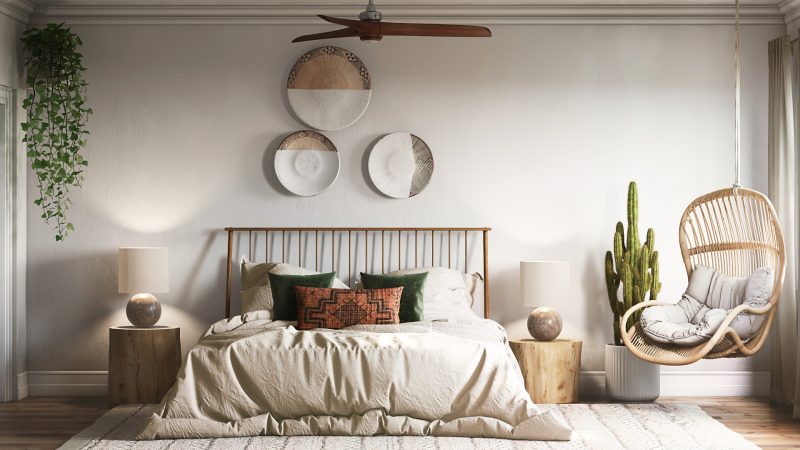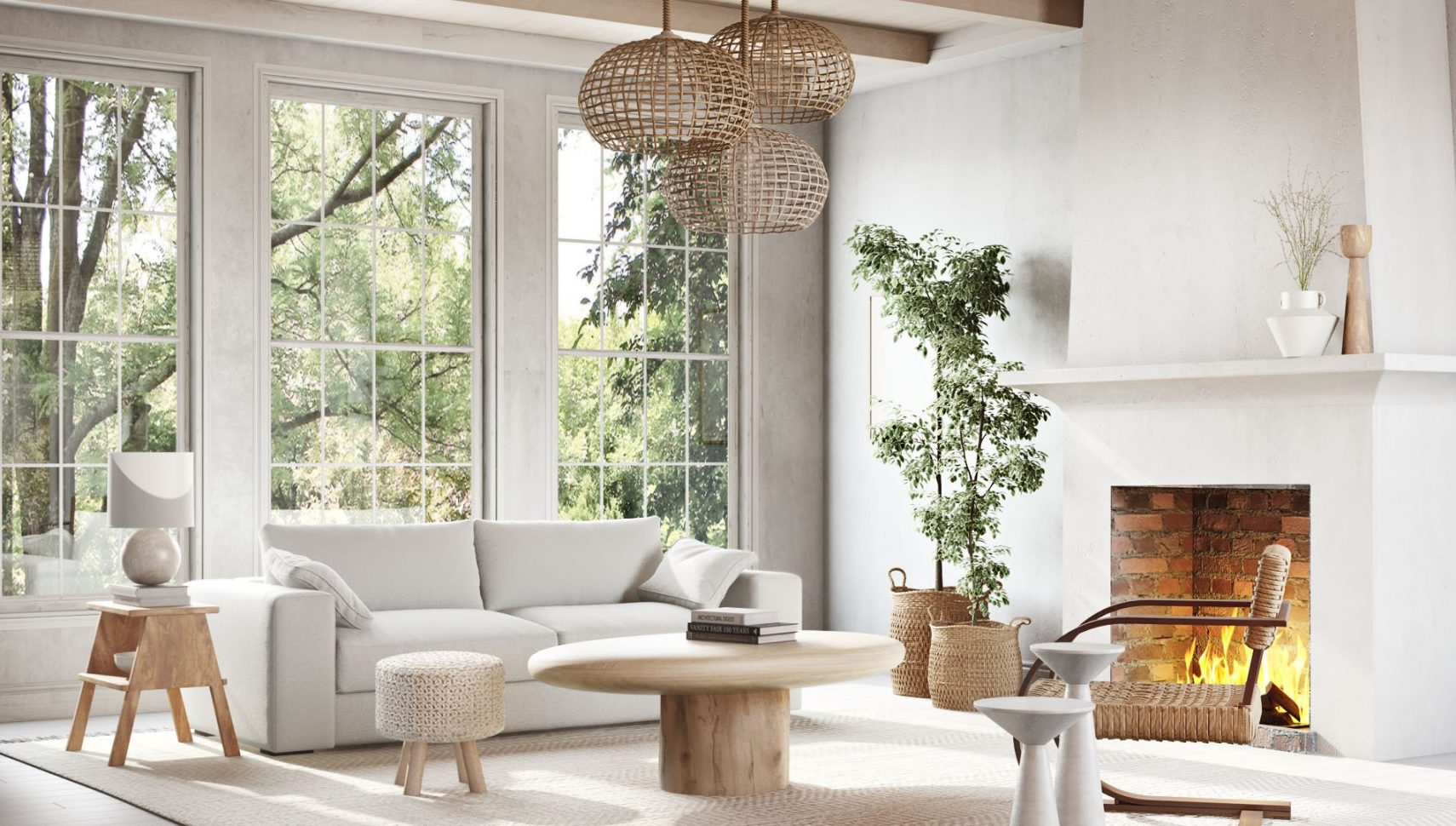Do you have a never-ending to-do list? Can’t sit down to enjoy a book before arranging the couch pillows just so? What about a constant nag to launch into home improvement projects?
We’d like to introduce you to the concept of wabi-sabi. This ancient Japanese philosophy is the anti-to-do list. “Wabi” means simplicity, and “sabi” translates to the idea of finding beauty in aging and wearing. Stemming from Buddhism and rooted in intricate tea ceremonies, wabi-sabi embraces the irregular, imperfect, and incomplete.
“Wabi-sabi celebrates all that’s natural and authentic, flaws and all,” explains Havenly CEO Lee Mayer, “The result is a more minimalist space that still exudes warmth, character, and functional style.”
Wabi-sabi is imperfect produce, a worn-in denim jacket, a beloved vase with a crack in it, a smudged window. Wabi-sabi isn’t a pristine office space, a new smart-phone, or the perfectly arranged living room.
For those dedicated to our to-do list, adopting wabi-sabi might sound like a slippery slope. But, it doesn’t mean letting chores slide and living in a messy home. It’s really about enjoying natural beauty and understanding that imperfection and mess are just a part of life.
So what does wabi-sabi mean for some design? Embrace the imperfection of this ancient philosophy with these design cues.
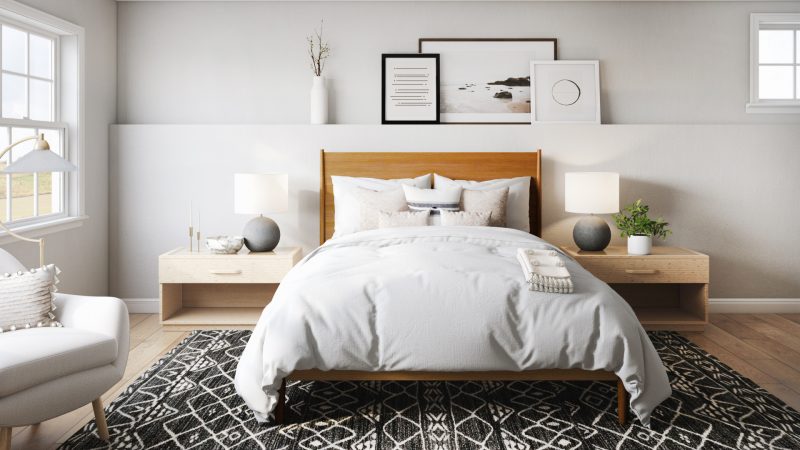
Wabi-sabi is all about natural and organic design, with a color palette to match. Keep things soft and relaxed, pulling color inspiration from the outdoors. Use neutral and gray tones on the walls or trim—accent the room with lush light greens or creamy whites. To create dynamic texture, weave in touches on black.
Beyond color palette, decorate with natural materials. Opt for wood over plastic, lean towards raw over manufactured. Bring concrete, stone, metal, marble, or plaster elements. Not only will these accents be beautifully designed, but they also hold up better with age. A favorite linen robe gets softer with each wash, and a wooden spoon shows its age after each meal.
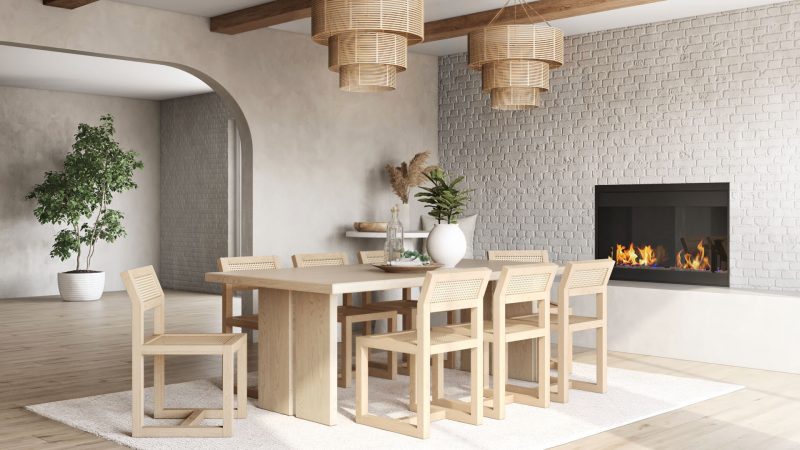
While your home doesn’t have to be pristine, it should be full of meaningful things you love and use. Don’t be afraid to go Mari Kondo on your home, getting rid of things that don’t “spark joy.”
Wabi-sabi is about intention, and objects carrying personal meaning. That might mean keeping a favorite vintage teacup of your mothers, even though the print is worn down. If you’re content with the things you already have, there’s less pressure to buy more and enjoy the moment.
The fewer items you have in your home, the less you have to worry about upkeep or maintenance. Instead, you’re caring for the things you really love.
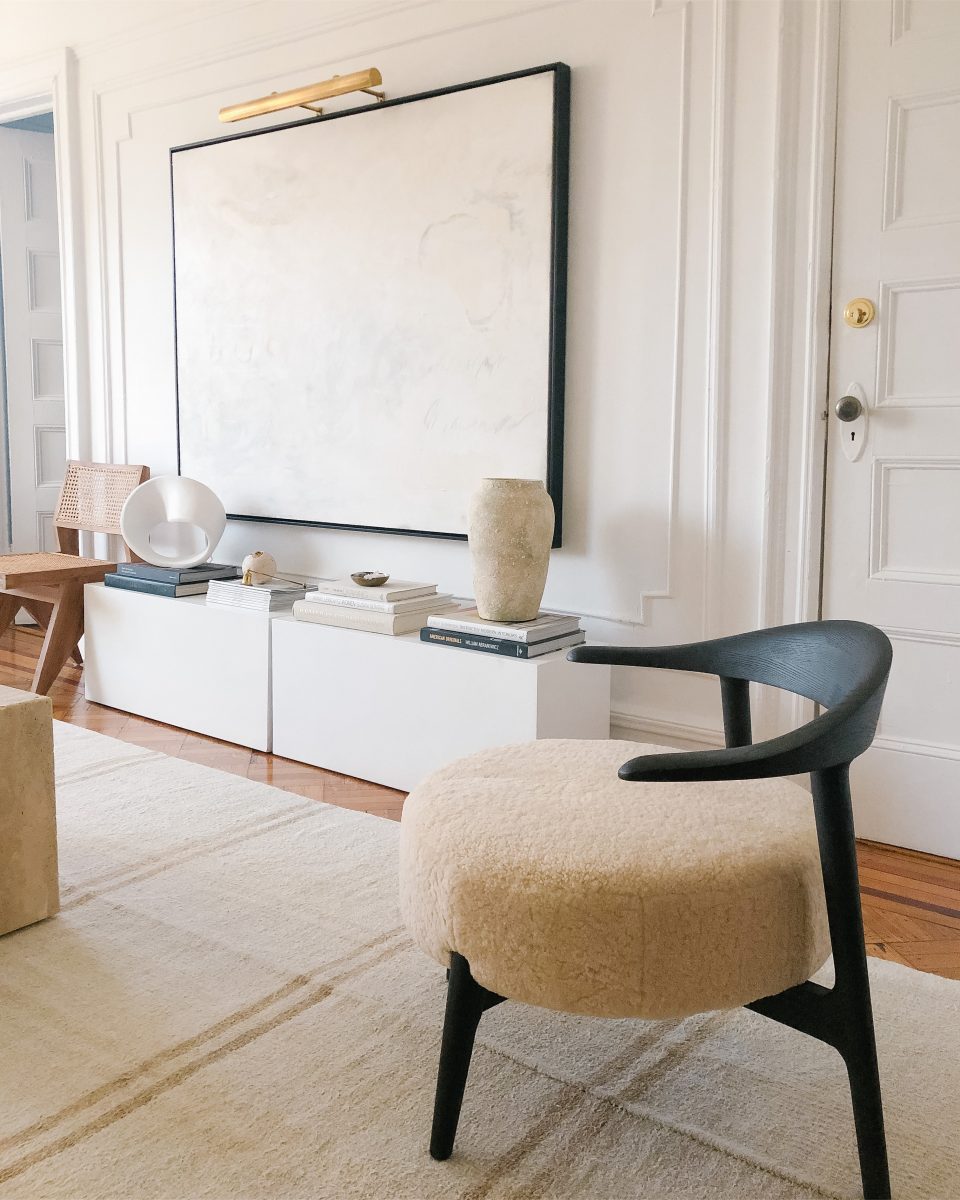
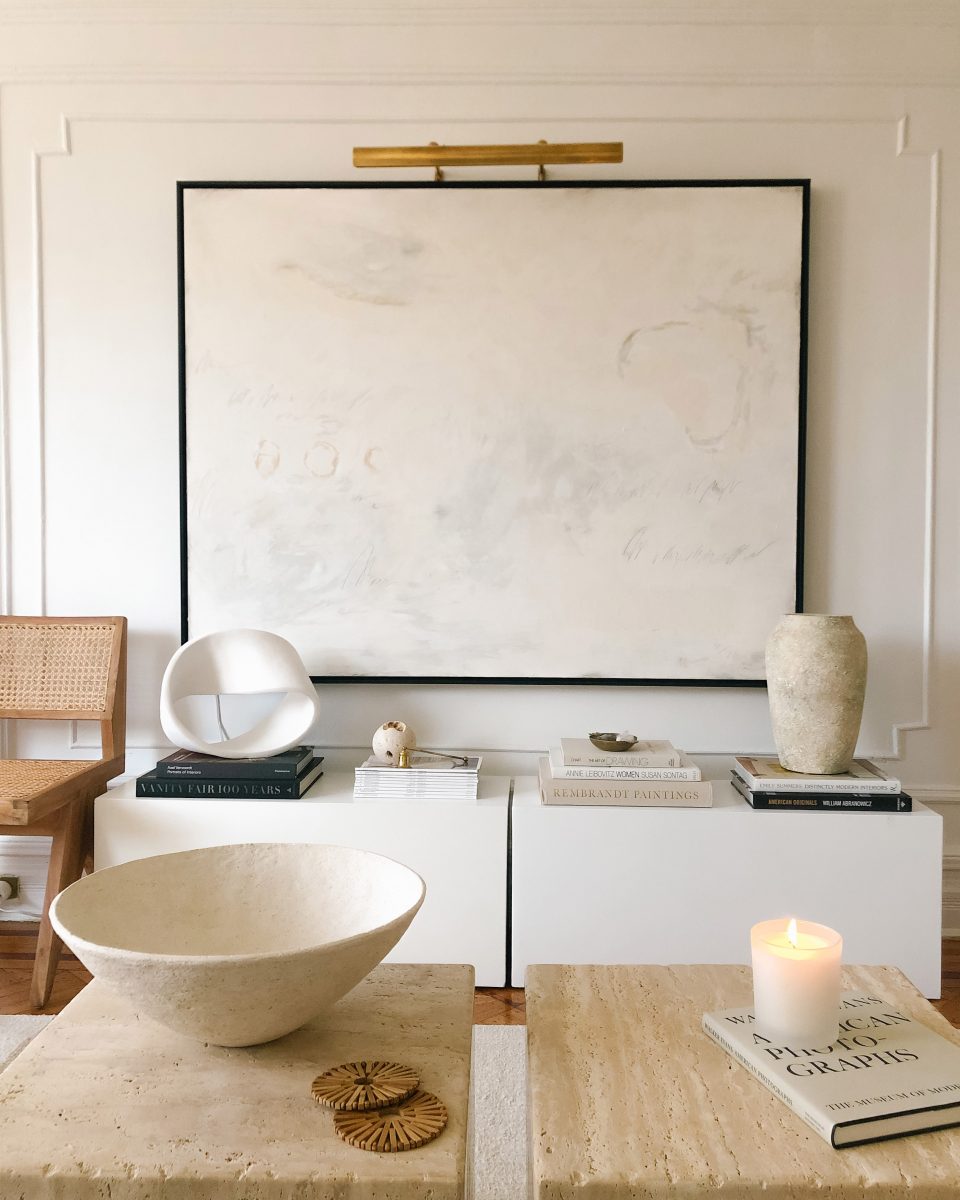
Wabi-sabi is more “kitchen table” than “formal dining room.” Things are going to be imperfect, and that’s okay. The linen table cloth will naturally crease, and scuff marks will appear on the floor. Instead of stressing over fingerprints on the wineglasses, smile at the memories of dinner parties and evenings with friends created the smudges.
This might sound like a challenge, but it’s a central tenant of wabi-sabi. Things will always change and be in flux. Your perfectly polished floors will scuff, and it’s okay. Acceptance is a part of the philosophy.
You live in your home, and wabi-sabi embraces things feeling lived in.
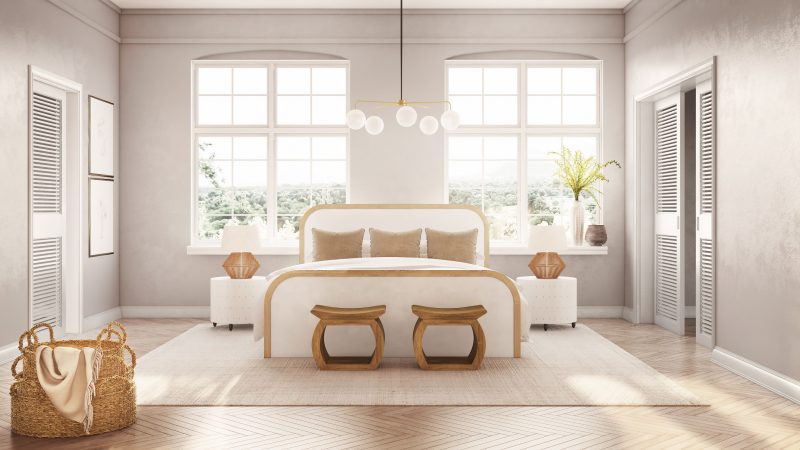
When your home is filled with things you truly love, they’ll naturally find function in your day to day life. With wabi-sabi, functional doesn’t have to mean utilitarianism. Items can be beautiful, handcrafted, and imperfect, while still serving a function in your home. That means keeping a set of pretty mixing bowls that make you smile, sweeping with a handmade wooden broom, or buying a soap dispenser because it brings you happiness.
Welcoming imperfection into your home might help improve mental health and promote a sense of wellness in the space. Adopting wabi-sabi and learning to let go can help make your home feel more relaxing and peaceful, even when it’s not perfect.
